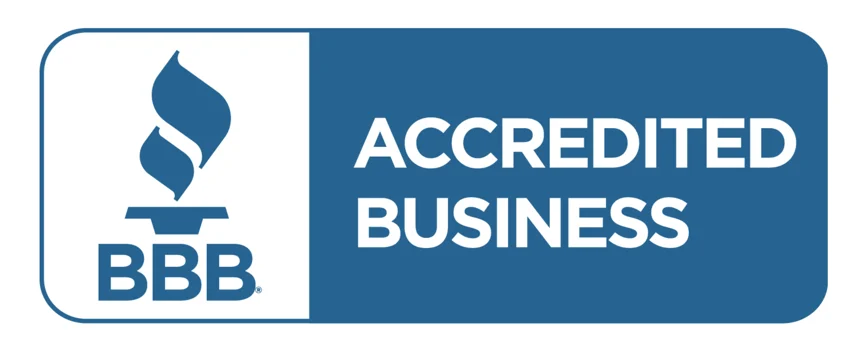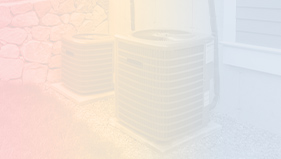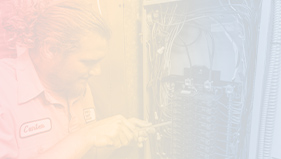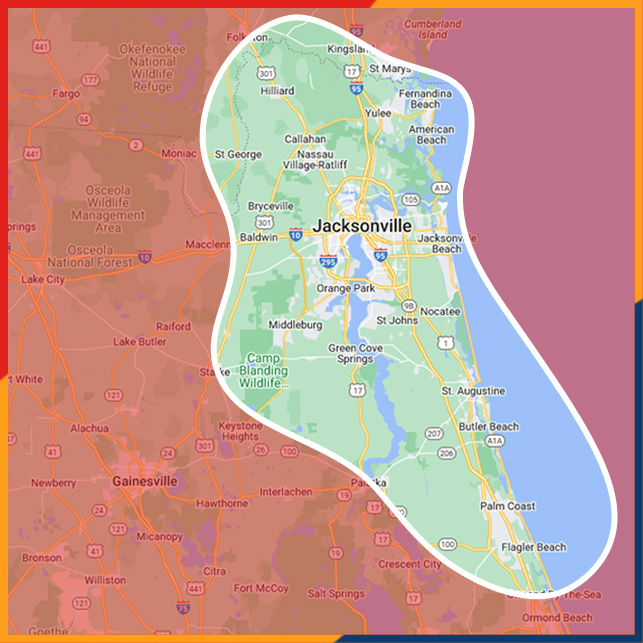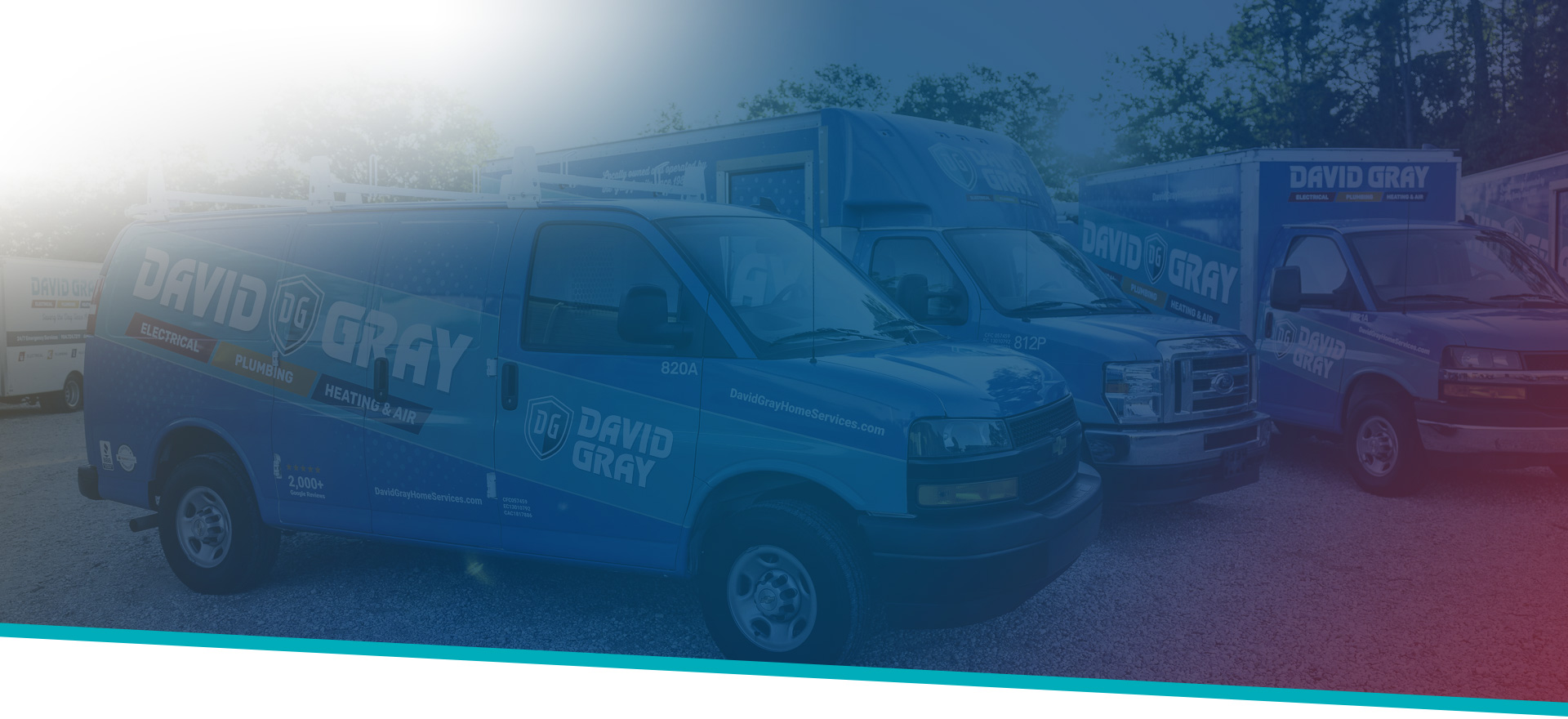
Serving Jacksonville, St. Augustine & Palm Coast
Jacksonville & Palm Coast HVAC, Plumber, & Electrician
For over four decades, David Gray Electrical, Plumbing, Heating & Air has been a go-to name for families in Jacksonville seeking reliable and comprehensive home services. Our team of seasoned experts is committed to delivering lasting solutions for your electrical, plumbing, heating, and cooling needs.
Whether it's a simple repair or a complex installation, we approach every project with meticulous attention to detail and unwavering professionalism. Your home is your haven, and our priority is to make sure it is always ready to make your life easier, more comfortable, and relaxing when you need it most.
Don't wait—schedule HVAC, plumbing, and electrical services in Jacksonville and Palm Coast today. Call (904) 605-8190 to schedule your free estimate.
-
"One of the best home service crews at David Gray!"
They were organized, prepared, careful, thorough, meticulous, pleasant, and incredibly helpful.
T. Prousis -
"The entire David Gray crew was simply awesome!"
Thanks for doing such a thoughtful and precise job, we are very happy!
Ryan M. -
"This review is well deserved. Thank you!"
We are grateful to all the professionals who turned our frown upside down.
Wes L.

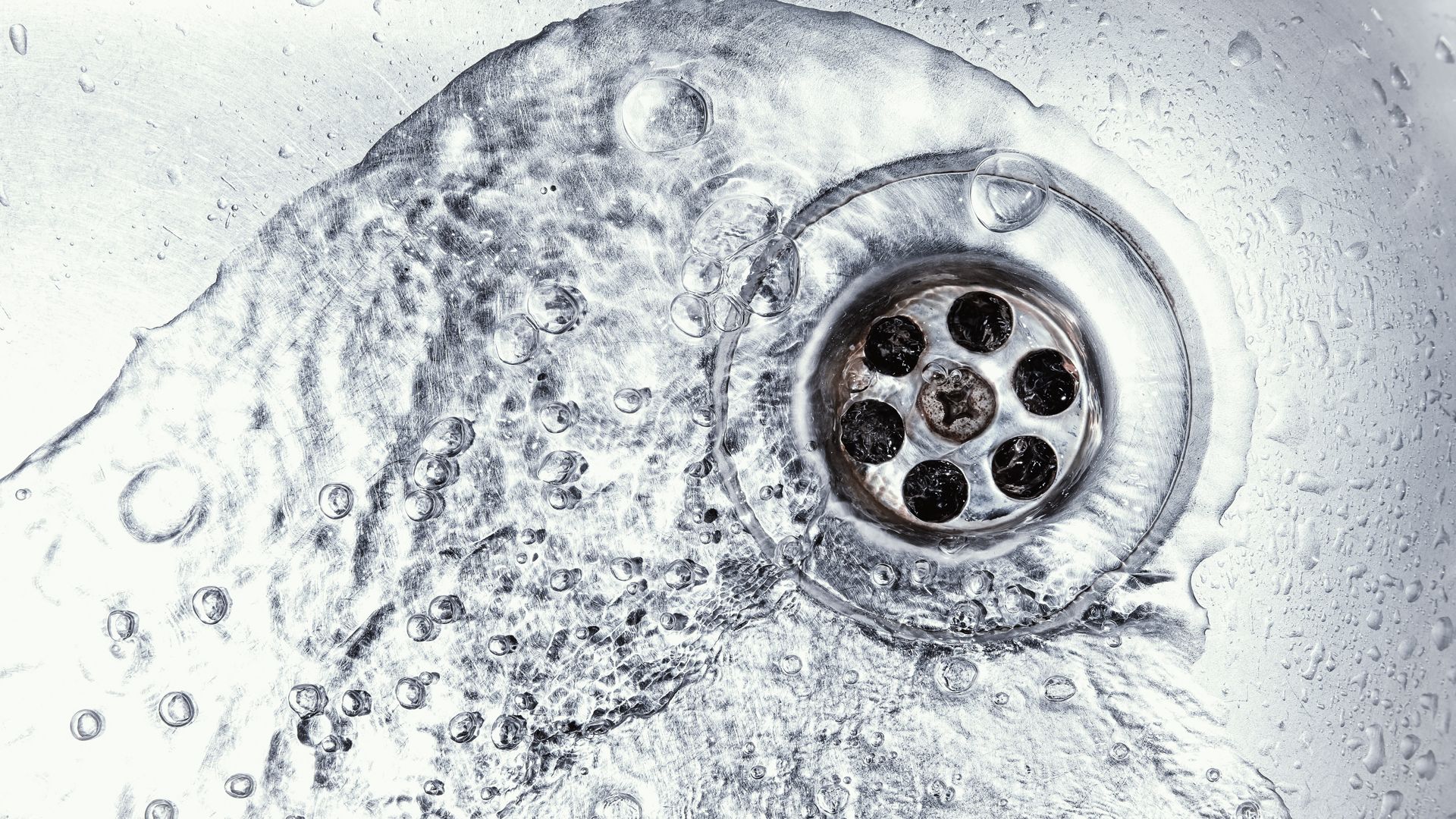
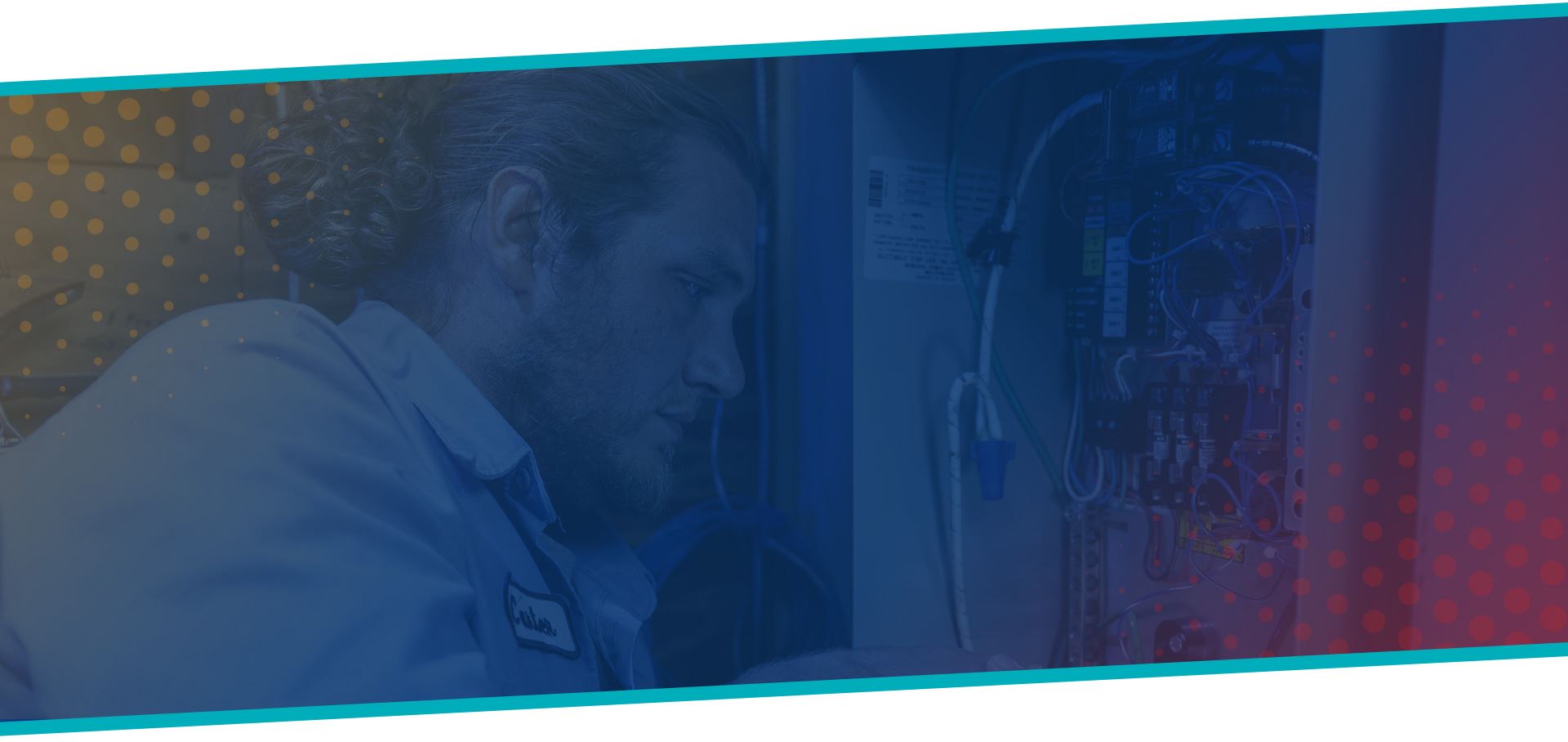
HVAC, Plumbing, & Electrical Services throughout Northeast Florida
HVAC Services
Our HVAC technicians can install, maintain, and repair all types of heating and cooling systems. We also offer indoor air quality solutions, including air purifiers, humidifiers, and dehumidifiers, that are designed to support a healthy and comfortable living environment for you and yours. Plus, our comprehensive duct services can provide optimal airflow and efficiency for your entire HVAC system.
We also offer emergency services for when something goes wrong that cannot wait until regular business hours.
Plumbing Services
From leaky faucets to renovations, our experienced plumbers are equipped to handle it all.
We offer a complete suite of plumbing services, including backflow testing, bathroom and kitchen plumbing solutions, leak detection and repair, pipe repairs, and slab leak repair. We also specialize in sump pump services, water heater installation and repair, and water quality services.
Our team can be ready at the drop of a hat, so if you are dealing with an urgent issue, we can provide service day or night. No job is too big or too small for our team of dedicated professionals.
Electrical Services
Don't get left in the dark! David Gray can keep the lights (and everything else) on in your home, rain or shine.
Our experienced electricians are available 24/7 for emergency repairs and work hard to keep your home safe and powered through good days and bad.
From ceiling fan installations and outlet upgrades to complex projects like smart home automation and backup generator installation, we have the expertise to handle it all. We can even upgrade your home's electrical system for optimal efficiency and performance.
-
Over 40 Years of ServiceMr. Gray, native to Jacksonville, raised his family while continuing to grow his company. We have recently joined forces with Southern Home Services and are proud to offer the same family-focused service and attention to our customers.
-
Offering Maintenance PlansTake the guesswork out of servicing your home's major systems. We provide monthly appointment reminders, discounts, annual and biannual system tune-ups, and much more. Contact David Gray to join the Comfort Club today!
-
All-Encompassing Home ServiceWe are proud to offer a full line of Electrical, Plumbing, and Heating & Air services. From ensuring your home's temperature stays ideal, to electrical home automation, to updating bathroom plumbing, our team has you covered!
-
No Extra Fees for Evenings or Weekends
Enjoy the flexibility of our services with no extra fees for evenings or weekends—convenience at no additional cost!

Don’t Miss Out on These Savings!

Join the David Gray Comfort Club
Are you tired of worrying about unexpected home repairs? We get it. That's why we created the David Gray Comfort Club, your all-in-one solution for keeping your home's HVAC, plumbing, and electrical systems in tip-top shape.
Membership to the Comfort Club includes:
- Monthly appointment reminders
- No overtime charges
- Priority service
- 10% discount on service and repairs
- 5% discount for major equipment
- Electrical home safety check
- HVAC high-performance tune-up (2 per year)
- Plumbing system and Water quality check (1 per year)
Experience the David Gray difference—contact us online or call (904) 605-8190 today to schedule HVAC, plumbing, or electrical services in Jacksonville!
David Gray: a Preferred Choice for Heating, Cooling, Plumbing, & Electrical Services Throughout Northeast Florida
Our passion is delivering the best home experience to as many of our neighbors throughout Northeast Florida as possible.
Some key benefits of partnering with our team include:
- Transparent and honest pricing
- Emergency repair services are available 24/7
- Complimentary estimates on our installations
- Prompt, friendly assistance from top-rated technicians
- Respectful and courteous team members
- Guidance on tax credits, rebates, and incentives
- Exclusive special offers
Don't settle for just any team for your home service needs. Choose David Gray, the team that Jacksonville families have trusted for more than three decades.



